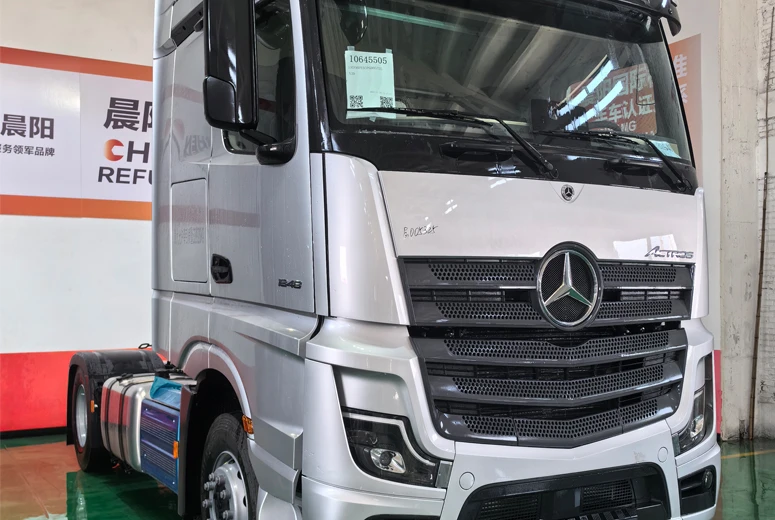Exploring the Benefits of Commercial Tires for Your Business Needs and Fleet Management
Understanding Commercial Tires An Essential Component for Businesses
In the world of commercial transportation, tires play a pivotal role in ensuring efficiency, safety, and overall operational success. Commercial tires, unlike their passenger vehicle counterparts, are specifically designed to endure the unique demands of heavy loads, long distances, and varied terrain. This article delves into the types, benefits, and maintenance of commercial tires, illustrating their importance in the transportation industry.
Types of Commercial Tires
Commercial tires can be broadly classified into several categories based on their intended use. The most common types include
1. All-Season Tires These tires are designed to provide a balanced performance in various weather conditions. They are suitable for light-duty vehicles and are ideal for operations requiring versatility.
2. All-Terrain Tires For businesses involved in off-road transportation, all-terrain tires provide the necessary traction and durability. These tires are built to withstand rugged conditions, making them perfect for construction and agriculture vehicles.
3. Highway Tires Optimized for long-distance travel, highway tires are designed to reduce rolling resistance, thereby improving fuel efficiency. These tires often feature deeper treads for enhanced traction on smooth surfaces.
4. Mud and Snow Tires When dealing with harsh winter conditions or muddy terrains, specialized tires designed to handle these extreme situations are essential. They provide superior grip and control, ensuring that vehicles remain operational when conditions are challenging.
5. Wide-Base Tires Often used in heavy-duty applications, wide-base tires are favored for their ability to provide better stability and reduced weight. This can lead to improved fuel economy, making them a cost-effective choice for many trucking companies.
Benefits of Commercial Tires
The selection of the right commercial tire can significantly impact a business's bottom line
. Here are some key benefits- Fuel Efficiency Commercial tires with low rolling resistance help reduce fuel consumption. This is particularly crucial for companies that rely heavily on transportation, as fuel costs constitute a significant portion of operational expenses.
commercial tire

- Safety and Reliability Properly maintained tires are essential for safe transportation. Tires designed for commercial use offer enhanced grip and stability, reducing the likelihood of accidents caused by tire failure.
- Longevity High-quality commercial tires are built to last. They can endure the stresses of heavy loads and rough conditions, which translates into fewer replacements and lower overall costs.
- Enhanced Performance The right tires can enhance vehicle performance, contributing to smoother rides and better handling. This can also lead to improved driver satisfaction and productivity.
Maintaining Commercial Tires
To maximize the lifespan and performance of commercial tires, regular maintenance is essential. Here are some best practices
1. Routine Inspections Regular checks for tread wear, tire pressure, and signs of damage are critical. Tires should maintain the manufacturer-recommended pressure, as both under-inflation and over-inflation can lead to poor performance and increased wear.
2. Regular Rotation Tire rotation is a vital procedure that helps ensure even wear. Different positions on a vehicle can cause tires to wear at different rates; rotating them helps extend their lifespan.
3. Alignment and Balancing Misalignment can cause uneven tire wear and affect vehicle handling. Regular alignment checks ensure that tires wear evenly and contribute to a smoother driving experience.
4. Proper Storage If commercial vehicles are not in use for an extended period, tires should be stored in a cool, dry place away from direct sunlight. Proper storage prevents damage and prolongs their usability.
Conclusion
Commercial tires are more than mere rubber components of a vehicle; they are critical to the success and safety of transportation businesses. Understanding the different types, benefits, and maintenance practices associated with commercial tires can empower companies to make informed decisions that enhance efficiency, safety, and profitability. Investing in high-quality commercial tires is not just an expense but a strategic move that can yield significant returns in the long run. As the transportation landscape continues to evolve, staying informed about advancements in tire technology will be key to maintaining a competitive edge in the industry.
-
Fast Gearbox Transmission Parts Slave Valve – Durable & Reliable SolutionNewsJul.28,2025
-
Hydraulic Lock Assembly for SHACMAN Truck Parts – Durable & ReliableNewsJul.28,2025
-
SINOTRUK HOWO 84 Electric Dump Truck for Eco-Friendly Heavy HaulingNewsJul.26,2025
-
The Fast 16-Gear Manual Transmission Assembly for Heavy TrucksNewsJul.25,2025
-
Mercedes Benz Actros 1848 42 Tractor Truck for Sale - Reliable PerformanceNewsJul.24,2025
-
High-Quality Water Pump Assembly for Sinotruk Trucks – Durable & ReliableNewsJul.23,2025
Popular products

























